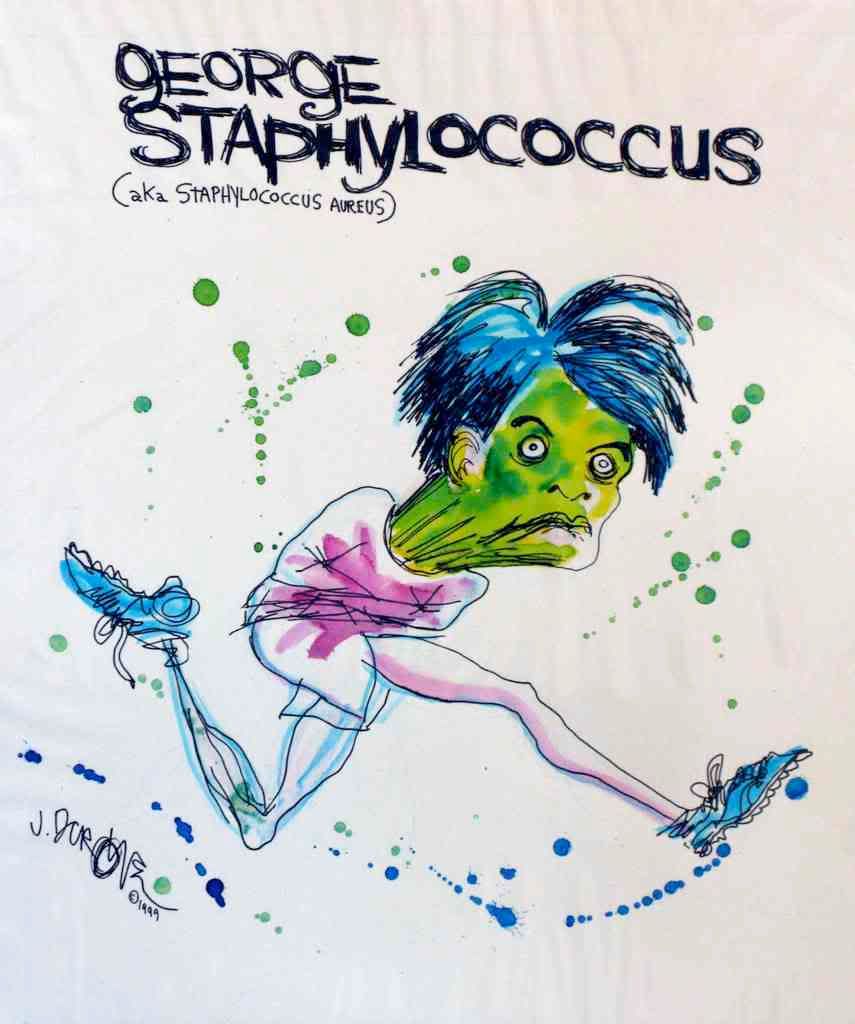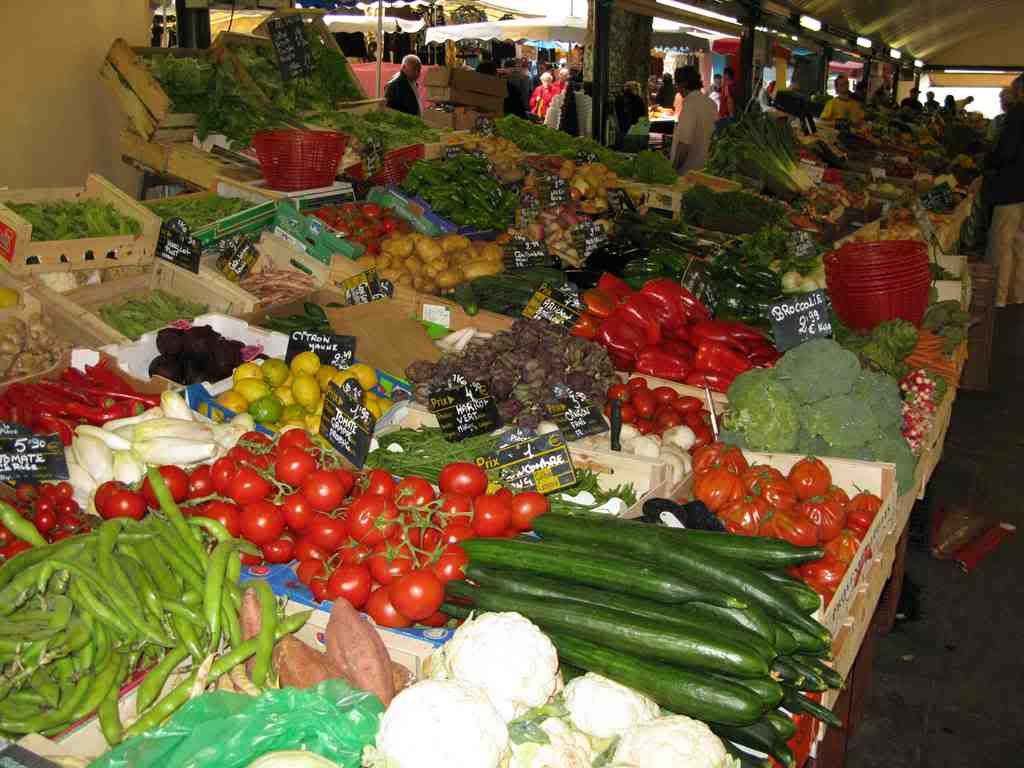A number of workers who have been laboring to clean up BP's mess in the Gulf of Mexico have been hospitalized due to "... dizziness, headaches, nasal irritation and other respiratory symptoms..." according to a CNN report.
When asked by CNN to comment on whether the illnesses were due to toxicity of the crude oil and of the dispersants being used to break up the giant oil slick, BP CEO Tony Hayward replied,
"I’m sure they were genuinely ill, but whether it had anything to do with dispersants and oil, whether it was food poisoning, or some other reason for them being ill. You know . . . food poisoning is a really big issue when you’ve got a concentration of this many people in . . . temporary accommodations. It’s something we have to be very, very mindful of. It’s one of the big issues of keeping the army operating. Armies march on their stomachs.”
Excuse me? Food poisoning?
When I first studied microbiology (many moons ago), I learned that the most common symptoms of food poisoning included: nausea, vomiting, diarrhea, stomach aches, and a low grade fever.
Now, I can understand dizziness and headache as a consequence of spending hours either bent over double or bent over a toilet bowl. But nasal irritation and respiratory symptoms? I don't think so!
Coincidentally, I spent some time yesterday reading the Material Safety Data Sheets (MSDS) for the two main dispersants – Corexit EC9500A and Corexit EC9527A – that BP has been spraying over the oil slick. The MSDS for Corexit EC9527A states: "Harmful by inhalation. Repeated or prolonged exposure may irritate the respiratory tract."
What about workers' complaints that BP has not issued face masks or respirators? According to BP, these are not necessary. The instructions contained in the MSDS and the OSHA material is equivocal.
- Corexit EC9527A and EC9500A MSDS:- "General ventilation is recommended. Where concentrations in air may exceed the limits given in this section, the use of a half face filter mask or air supplied breathing apparatus is recommended."
- OSHA says:- "Rarely, respirators ranging from an N-95 to a Powered Air Purifying Respirator (PAPR) will be used."
It would appear that BP, the dispersant manufacturers and OSHA rely on the open air and prevailing breezes to keep the respiratory irritants down to a tolerable level. Given the enormous surface area covered by the oil slick, it's hard to believe that even a moderate breeze can do anything more than stir up the fumes. OSHA should insist that BP issue respirators to its clean-up crews.
And BP should place Hayward's "food poisoning" theory on the shelf next to Top Hat, Top Kill, and all of the Company's other failed attempts to staunch the flow of crude oil that continues to billow out of the mangled mass of metal on the floor of the Gulf of Mexico.
If you would like to receive automatic email alerts for all new articles posted on eFoodAlert, please click here or submit your request using the sidebar link. Please include "subscribe eFoodAlert" in the subject line.







